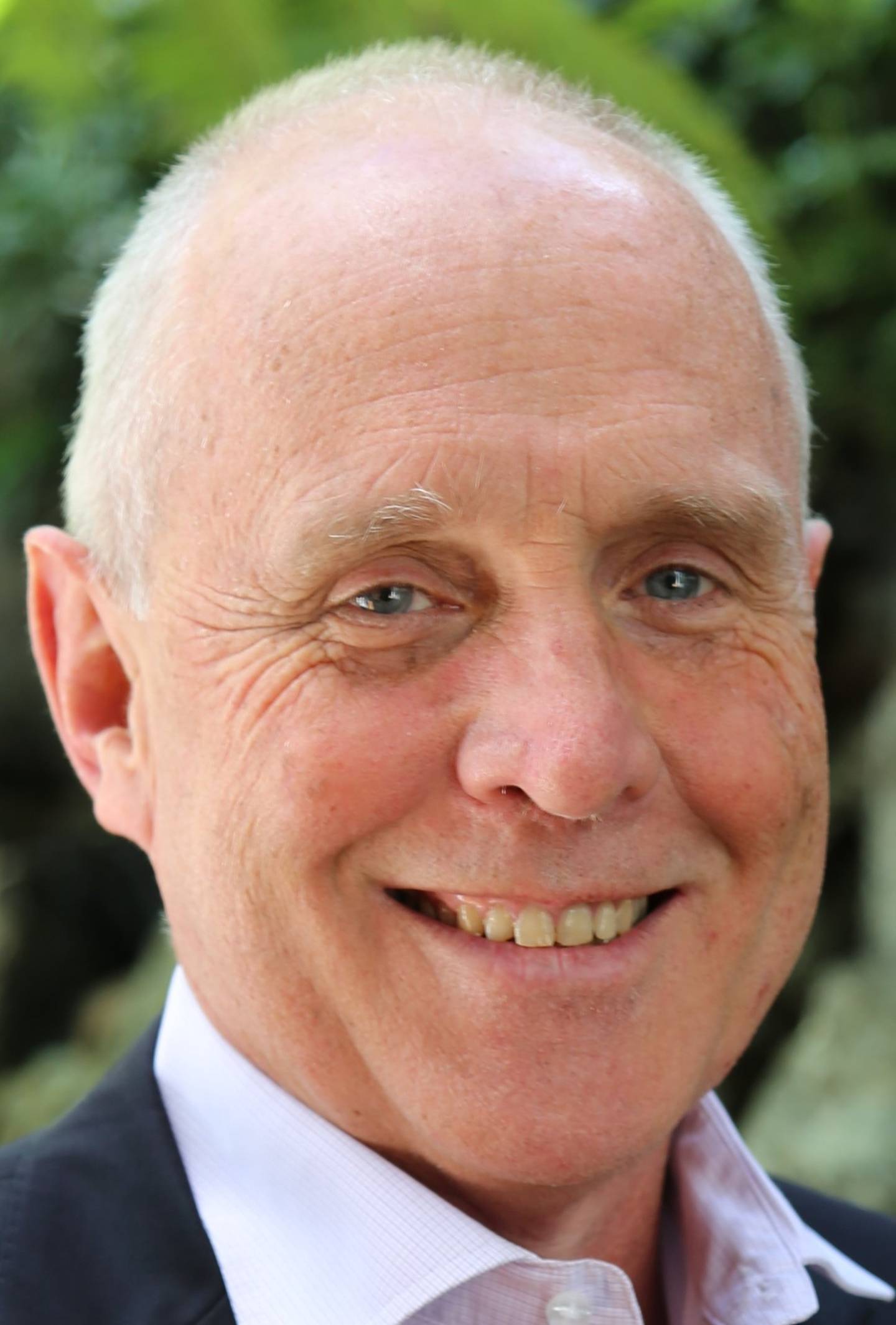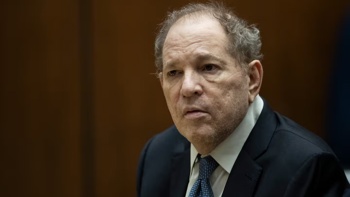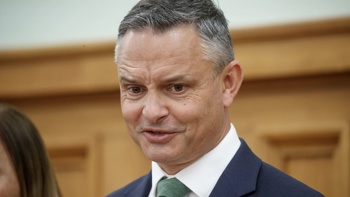
A call on whether to offer a fourth dose of the Covid-19 vaccine is likely to be made before winter, the Ministry of Health says – but experts doubt most of us will need one in the short-term.
Last week, the US Food and Drug Administration (FDA) authorised a fourth shot, targeted at over 50-year-olds who'd been boosted at least four months before, and focused on giving better protection for the most vulnerable.
Data collected in vaccination front-runner Israel, which was recommending a fourth dose for the elderly and immunocompromised as early as December, showed the top-up could restore protective antibodies to booster levels – but only offered a slight bump in effectiveness against infection.
In New Zealand, anyone aged over 18 who's completed their primary course – that's two doses for most people – at least three months ago is eligible for a booster, but further shots aren't currently available.
Director-general of health Dr Ashley Bloomfield has asked the Covid-19 Technical Advisory Group to consider who, if anyone, would be suitable for a second booster dose.
"Any decision to offer additional booster doses is likely to be made prior to winter," a Ministry of Health spokesperson said.
Last month, Bloomfield told reporters he'd also asked for advice on whether a fourth shot should be extended to health workers "who would be at a high risk as we go into the winter period".
"We are seeing overseas that effectiveness of that third shot does start to wane, thinking of those groups who got it first, our older people, vulnerable people and our health workforce."
But he said the rest of the population would "not necessarily" need to receive it as well.
"At this stage we're going with the emerging evidence, which is those high risk and vulnerable groups."
Finance Minister Grant Robertson has said there's enough money in the Covid Response and Recovery Fund for the costs of the Omicron outbreak – including the purchasing of rapid antigen tests – but warned more money might be needed if the country required a fourth round of vaccinations.
Experts told the Herald they agreed these extra doses should be targeted at those who need them.
"If you are otherwise healthy and under 40 or 50, a fourth dose shouldn't be your priority – and in fact it probably won't be being made available to you," Otago University epidemiologist and Immunisation Advisory Centre (IMAC) medical adviser Professor Peter McIntyre said.
"But we do want to get the oldest and sickest through the door. They're the ones we want to focus on as winter is approaching."
McIntyre expected most younger, healthy and fully-vaccinated Kiwis would be well-positioned, especially if they'd already been exposed to the virus on top of being boosted.
"This might not totally protect against getting any Omicron infection, but it should stand them in very good stead against severe illness or needing to be hospitalised, which is what we care about the most."
While data was still emerging, scientists have reported being infected protected against reinfection – certainly with the same variant – for at least three months.
In February, researchers reported in the New England Journal of Medicine that, while having been infected with an earlier variant produced a response about 56 per cent effective against Omicron, the level of protection against severe disease was estimated at about 78 per cent.
Boosting, too, was recently estimated at about 76 per cent effective at protecting Omicron-infected people against hospitalisation and death – although protection from the vaccine tended to wane to very low levels over 20 weeks.

University of Otago professor and Immunisation Advisory Centre medical director Peter McIntyre. Photo / Supplied
McIntyre said any roll-out of a fourth dose should be "targeted, targeted, targeted".
"It's really not something we'd want to see people stampeding the gates for," he said.
"Rather, we'd want it as an extra dose for those people significantly immunocompromised – or who would face real problems if they were fully vaccinated but had a breakthrough infection," he said.
"That means focusing on the oldest of the old – or those with significant heart, respiratory or other health problems.
"What we've seen with Omicron among these people is that, while they're not getting sick like people were in the pre-vaccine era, even a mild infection can be enough to throw them off balance to the extent that they can't cope outside hospital."
Citing recent evidence, McIntyre added that, with high levels of infection control in place, it was hard to see what "sufficient" benefit healthcare workers themselves would get from a fourth dose.
University of Auckland vaccinologist Associate Professor Helen Petousis-Harris agreed a fourth dose should be one targeted at the vulnerable.
"The question is, what are you trying to prevent? If it's just stopping infection and transmission, I don't think continually giving doses is going to be enough, because the rise in antibodies it gives you compared to your booster isn't that great," she said.
"So, perhaps it should be about changing our expectations – and keeping at-risk people from getting really sick."
She added there were many Kiwis who still hadn't received the vaccines already available to them.
As at today, around 72 per cent of eligible Kiwis have received their booster, including just 57.5 per cent of Maori and 59 per cent of Pacific people.
- by Jamie Morton, NZ Herald
Take your Radio, Podcasts and Music with you









